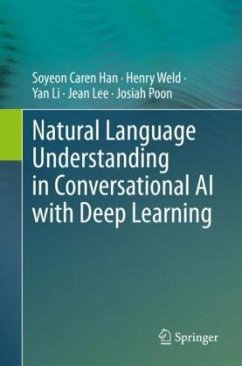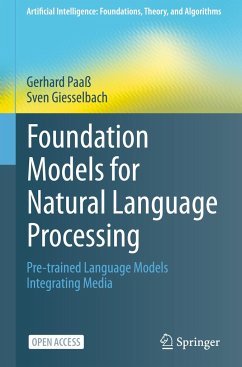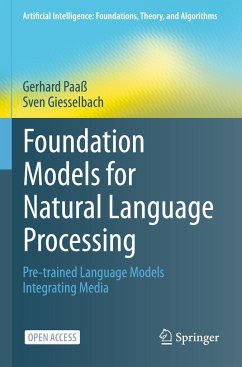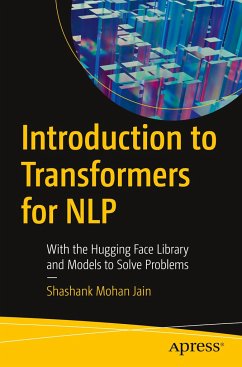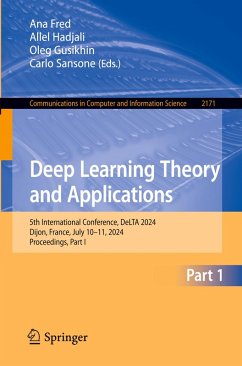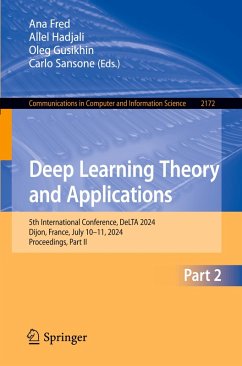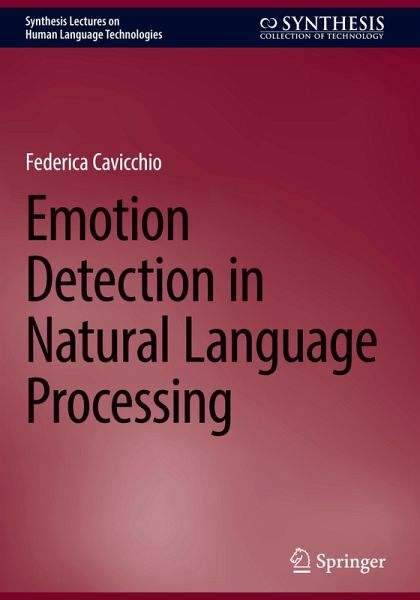
Emotion Detection in Natural Language Processing

PAYBACK Punkte
11 °P sammeln!
This book provides a practical guide on annotating emotions in natural language data and showcases how these annotations can improve Natural Language Processing (NLP) and Natural Language Understanding (NLU) models and applications. The author presents an introduction to emotion as well as the ethical considerations on emotion annotation. State-of-the-art approaches to emotion annotation in NLP and NLU including rule-based, machine learning, and deep learning applications are addressed. Theoretical foundations of emotion and the implication on emotion annotation are discussed along with the cu...
This book provides a practical guide on annotating emotions in natural language data and showcases how these annotations can improve Natural Language Processing (NLP) and Natural Language Understanding (NLU) models and applications. The author presents an introduction to emotion as well as the ethical considerations on emotion annotation. State-of-the-art approaches to emotion annotation in NLP and NLU including rule-based, machine learning, and deep learning applications are addressed. Theoretical foundations of emotion and the implication on emotion annotation are discussed along with the current challenges and limitations in emotion annotation. This book is appropriate for researchers and practitioners in the field of NLP and NLU and anyone interested in the intersection of natural language and emotion.



